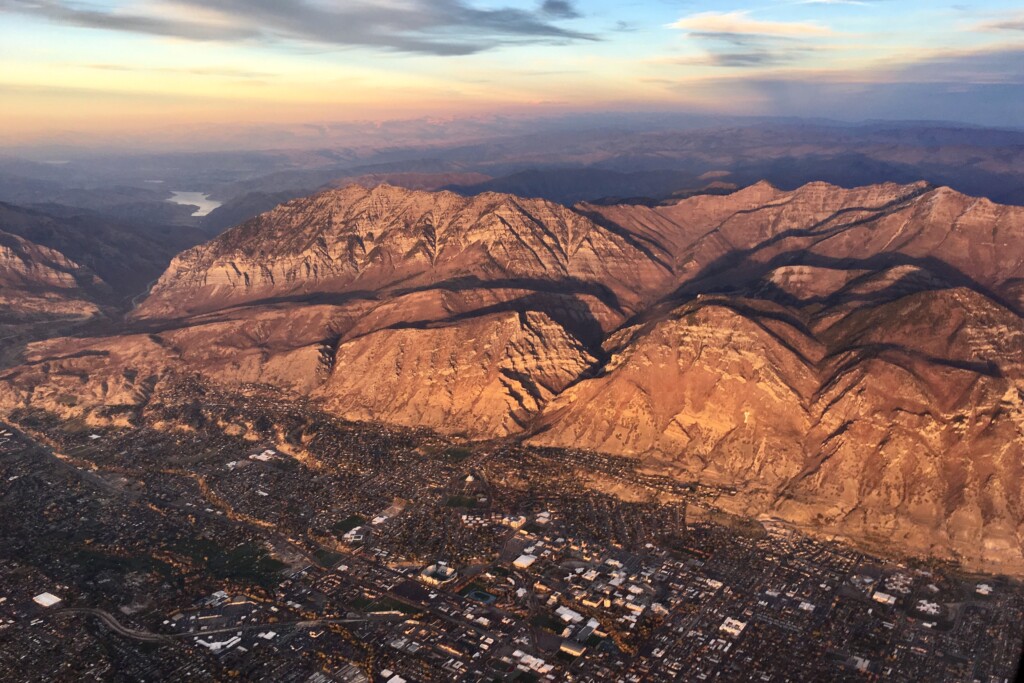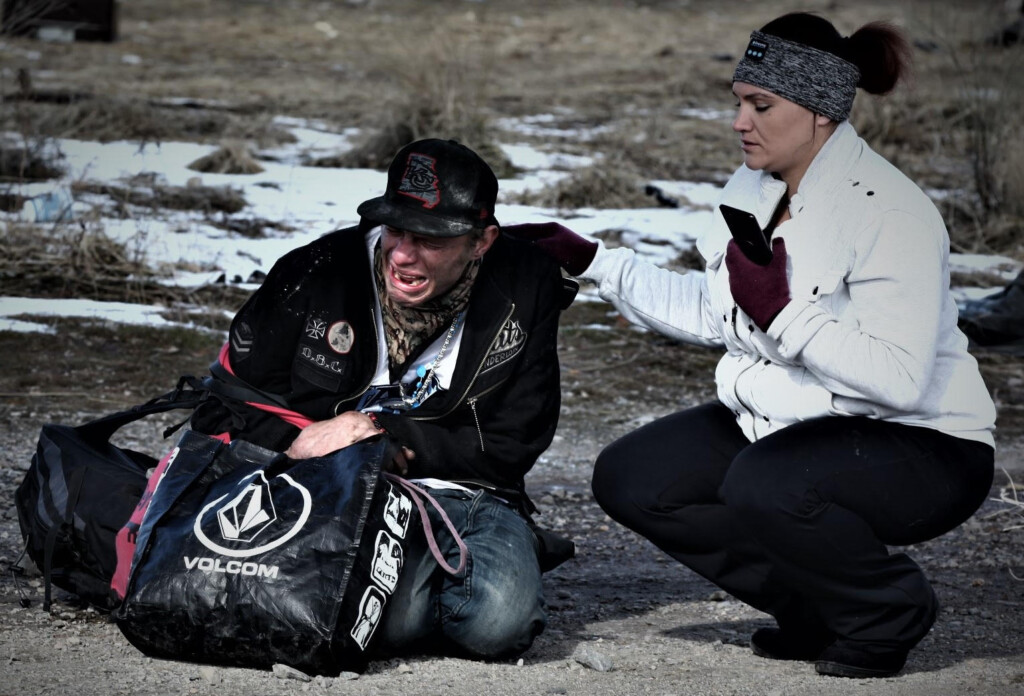Utah is the fastest-growing state in the nation, but what city in Utah is the fastest-growing? Believe it or not, it’s Vineyard, in Utah County. However, according to farmers Utah Stories has spoken to over the years, the growth in this area is at the cost of some of the state’s most viable and fertile farms. Farms are being pushed out of the area, and new development is coming in, including the latest “Utah City.”
Vineyard was once almost exclusively farms and the home of Geneva Steel. Today, there are high-density townhomes and condos under construction. While Cook’s Farm & Greenhouse have moved much of their farmlands further from development, the greenhouse remains off the I-15 freeway.
Derek, one of the managers at the farm, discussed how he felt about the changes in Vineyard. He is the third generation to operate the Farm & Greenhouse.
“I’m kind of mixed. I do think it’s good because we do need more houses and all of that. But it’s also really hard and really weird to see all of that land just disappearing into houses,” Derek said.
Now that there is so much development in Vineyard, the question is, where do the farms go? Derek observed that farms were pushed in different directions over the last few years.

“I think the biggest thing I’ve seen with that is it’s kind of getting pushed off to the north of Salt Lake, and south of Spanish Fork … Just because everything else is starting to get developed so much.”
Derek described that farms get taxed under Greenbelt taxes, and the city receives a higher income from properties that aren’t farms. “Business-wise, it does make sense, but maybe not necessarily with the entire picture of everything else included,” Derek said.
We visited some of the new developments to interview the residents. There were dozens of identical condos and apartments and many residents walking around enjoying the sunshine. Residents have mixed feelings about the new development coming into Vineyard. One local resident said, “I feel like most of my friends moved here because it’s well-known for young professionals, and it was attractive because of that.”
Another resident said, “I like walking here where it hasn’t been developed yet, and so you definitely lose that. The roads are not prepared for the [additional development]. It’s already pretty congested.”
Driving around the new development area there seemed to be construction on every corner, a clear sign that the development in Vineyard is not over.






